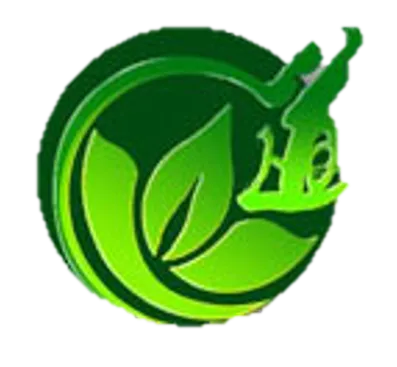TMJ Disorder
Understanding TMJ Disorder & Dystonia: A Chinese and Western Medicine Perspective
🔹 What is TMJ Disorder?
TMJ stands for Temporomandibular Joint, the joint that connects your jaw to your skull. TMJ disorder refers to dysfunction or inflammation of this joint, often resulting in:
Jaw pain, tightness, or clicking sounds
Difficulty opening or closing the mouth fully
Headaches, earaches, or facial pain
Teeth grinding (bruxism), especially during sleep
Western medicine attributes TMJ issues to misalignment of the jaw, teeth grinding, stress, or tension in the surrounding muscles. Treatments may include bite guards, anti-inflammatory medications, physical therapy, or surgery.Traditional Chinese Medicine (TCM) sees TMJ disorder as a disruption of Qi and blood flow, often caused by Liver Qi stagnation, internal wind, or blood stasis. Emotional tension, overwork, and exposure to cold can be contributing factors.
🔹 What is Dystonia?
Dystonia is a neurological condition characterized by involuntary muscle contractions, resulting in abnormal postures or repetitive movements. It may affect the neck, face, eyes, hands, or even vocal cords.Common types include:
Cervical Dystonia (neck twisting or tilting)Oromandibular Dystonia (jaw, tongue, or mouth spasms)Blepharospasm (uncontrollable eye blinking or closure)Focal Hand Dystonia (e.g., writer’s cramp)
Western medicine treats dystonia as a movement disorder involving dysfunction of the brain's basal ganglia. Treatments may include botulinum toxin (Botox) injections, anticholinergic drugs, or deep brain stimulation.TCM categorizes dystonia under syndromes like “Wind stirring internally”, “Liver wind agitating the channels,” or “Deficiency of Liver and Kidney.” The goal is to restore internal balance and smooth the flow of Qi through the meridians.
🌿 Chinese Medicine Treatment Approach
✅ Acupuncture
For TMJ, acupuncture helps relieve jaw tension, reduce inflammation, and improve circulation to the facial and neck areas.For Dystonia, it calms Liver wind, soothes the nervous system, and supports neuromuscular balance.
✅ Herbal Medicine
Herbal formulas are customized to address each patient's unique constitution and syndrome pattern. Common actions include:
Expelling wind
Nourishing Liver and Kidney
Regulating Qi and blood
Relaxing sinews and muscles
✅ Moxibustion & Tui Na
Moxibustion (therapeutic heat) and Tui Na (medical massage) are often used to relax the muscles, improve range of motion, and enhance energy flow through the affected areas.
✅ ZiQia Self-Consistent System
At our clinic, we integrate Dr. Pan Xiaochuan’s ZiQia Medicine, a unique diagnostic and treatment approach based on pulse regulation and energy-field coherence. It is especially effective in treating chronic neuromuscular disorders like TMJ and dystonia.
💬 Final Thoughts
Both TMJ disorder and dystonia can be frustrating, painful, and difficult to manage with conventional approaches alone. Chinese medicine provides a gentle, individualized, and deeply rooted method of healing, addressing not only the symptoms but also the underlying energetic imbalances.Whether you're looking for a drug-free alternative, support during ongoing treatment, or long-term relief, Chinese medicine offers a time-tested path to restore function, reduce pain, and rebalance the body and mind
